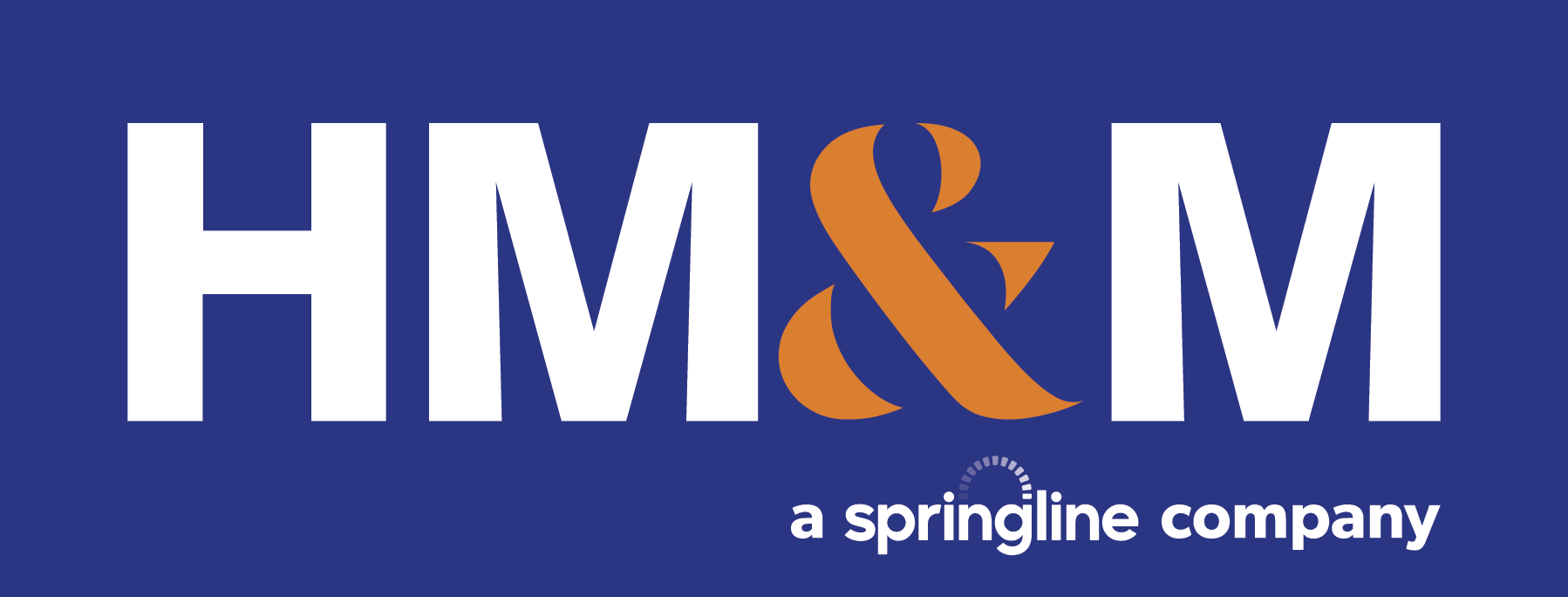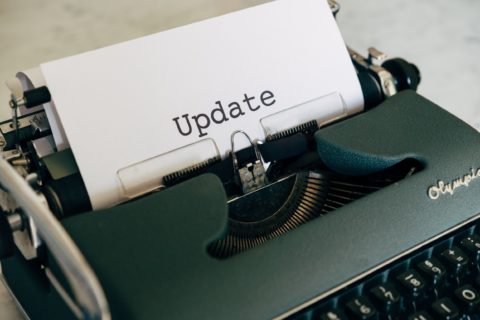Chaos. Fog of war. Ready, fire, aim.
These words aptly describe the current state of the emergency financial relief efforts targeted at small-to-medium sized businesses (and certain not-for-profits) provided by the Paycheck Protection Program (“PPP”), which is part of the Coronavirus Aid, Relief, and Economic Security Act (“CARES Act”).
The hurriedly written CARES Act was signed into law on March 27, 2020. The Small Business Administration (“SBA”) is tasked with administering the PPP loan program. The CARES Act directs that approved lenders (primarily banks) administer the PPP loan program, almost completely independently from initial oversight of the SBA. Furthermore, these banks were supposed to open the window for PPP loan applications a week later on Friday, April 3. An SBA Interim Final Rule (“IFR”) and a new version of the application form were published in the evening of April 2. Some banks started processing loans on Friday, April 3. Some said that they could not do so. Some seemed to have started accepting applications over the weekend. Some windows may still be shut on Monday morning.
The PPP loan program is in disarray. The law is unclear. The IFR does not necessarily reflect the law in all respects, is unclear or silent with respect to some key questions and, in at least one instance, is internally contradictory. The application form has some instructions that seem to depart from the law and the IFR. In light of the lack of guidance, individual banks are making up their own rules, including what documentation to request with the application. These rules vary from bank to bank. Different banks have different rules on who may apply to their institutions for a PPP loan.
Some banks are processing applications only from their business customers with existing business accounts and/or loans. The program is available on a first come, first served basis.
How do you get your loan? Here is what we are witnessing.
- If you have not already established a line of communication with your business’s bank and banker, do so immediately. Some banks have already stopped or paused taking applications because of the volume of applications received on the first day of the program.
- Complete the application exactly like the bank instructs. Where there are no bank instructions, complete the application exactly like the face of the application and its instructions require.
- Provide all the documentation that the bank requires.
- If you believe that you have a strong case for an interpretation of the “Average Monthly Payroll” different than the bank or the application form (or the instructions to the form or the IFR or the language of the Act), you might consider attaching as an exhibit with your loan documentation a “Provisional Application Form” that presents the version of the application that you think is correct. Explain why you think this is correct. Be sure to attach additional documents needed to prove your calculations, as if it were the original application. This strategy may possibly keep your loan from being kicked out of the queue and having to start the process all over again. Remember: first come, first served. Time is of the essence.
- Submit your completed application as fast as you can. Remember: first come, first served. Time is of the essence.
Unlike most laws, the CARES Act was not subjected to a deliberative process. The amount you should have been entitled to under the law and its intent may be greater than what you can get from your bank under the current rules.
I’d love to argue the nuances and interpretations and precedents of the law and rule. I really enjoy that exercise. Not happening right now. Did I mention first come, first served?
At least for now, we think that there is no time for debate with the bank. As the late Bill Morgan, one of the founders of HM&M, said: “Half of something is better than all of nothing.”
Please contact your HM&M advisor for help.
For more information check out HM&M’s COVID-19 Resources page.
HM&M COVID-19 ResourcesLatest Blog
What could happen if you don’t file your taxes? If you’re required to file a tax return but ...
The alternative minimum tax (AMT) resembles the regular federal tax system, but it has a different purpose. It’s ...
As the end of the year approaches, many people begin thinking about philanthropy. While planning your charitable giving, ...
HM&M Updates
Dallas, TX – Aug. 7, 2024 – HM&M, a Springline company (HM&M), a leading CPA firm with four ...
DALLAS, Dec. 11, 2024 – Springline Advisory, a trailblazing financial and business advisory firm, is proud to announce its partnership ...
Last month, Senior Manager, Pearl Balsara was invited to speak at the 2023 FPA DFW Annual Conference in ...










